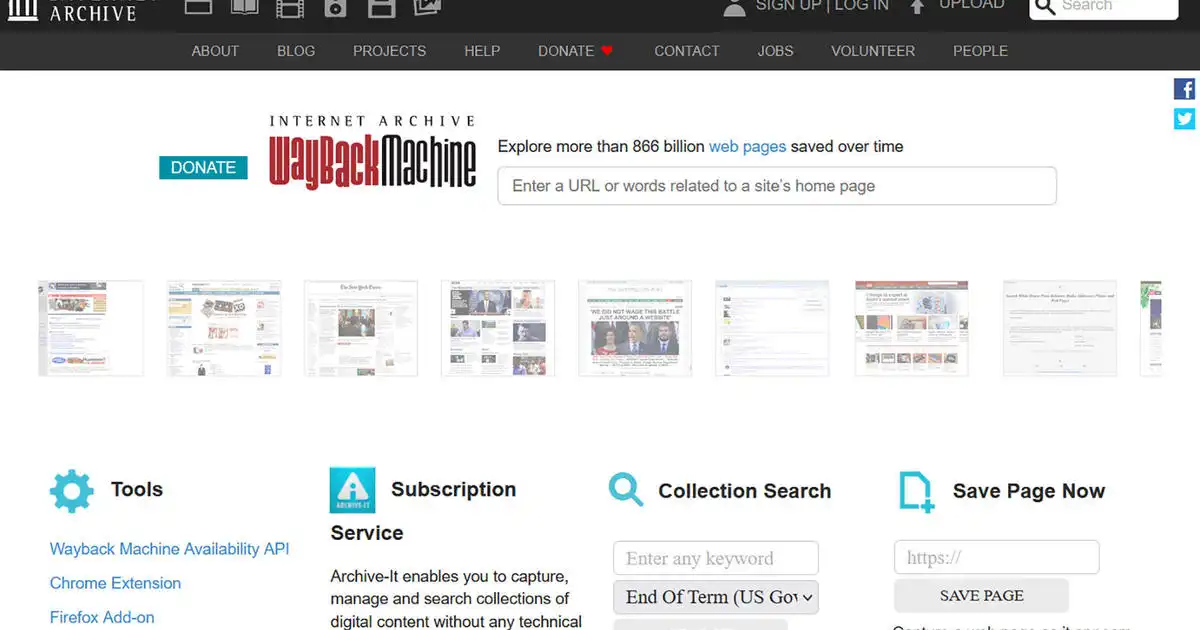The Wayback Machine: Time Machine for the Web
Viola player almost missed US opportunity due to missing documents. Wayback Machine saved the day. Publishers sue Internet Archive.
David Samuel, a violist in the Alexander Quartet based in San Francisco, faced a challenge when he needed a work visa to enter the United States as a Canadian citizen. The visa required documentation proving his significant contributions to the field, but much of the necessary information had disappeared from the internet over the years. Fortunately, Samuel discovered the Internet Archive's Wayback Machine, which allowed him to access every concert program, interview, and article he needed for his visa application.
The Wayback Machine, established in 1996, serves as a "time machine for the web," storing backups of webpages to preserve internet history. With nearly 900 billion web pages archived, the Wayback Machine is a valuable resource for journalists, fact-checkers, students, and others. Users can explore snapshots of websites from the past, such as The New York Times in 1996 or Netflix when it was a DVD-by-mail service.
The Internet Archive, a nonprofit organization founded by Brewster Kahle, houses the Wayback Machine and aims to preserve all published works for public access. However, the Archive faces legal challenges, including lawsuits from book and music publishers. Despite these obstacles, Kahle remains committed to his mission of providing universal access to knowledge.
In a battle between publishers and the Internet Archive, Kahle sees the fight as a matter of good versus evil. While publishers claim copyright infringement, Kahle believes their ultimate goal is to limit public access to information. The legal disputes continue, with the outcome uncertain.
In the midst of these challenges, David Samuel received his green card in September, thanks in part to the materials he accessed through the Wayback Machine. The story of his successful visa application highlights the importance of preserving internet history and the valuable resources provided by the Internet Archive.











Comments on The Wayback Machine: Time Machine for the Web